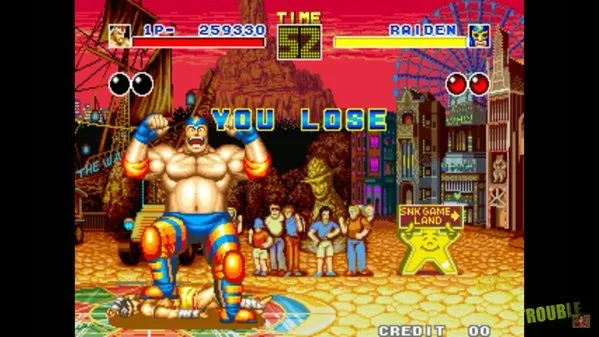The conference panel addressed the multifaceted challenges of preserving video games. As the games industry evolves rapidly, the importance of preserving not only hardware and software but also play experiences becomes increasingly critical. This panel explored the roles of various stakeholders, including academia, industry, and archival institutions, in ensuring the longevity of digital games. Key topics included the potential for new archival releases by industry players, standardisation of codebases for future emulation, and the feasibility of creating a reference library akin to the Bodleian Library for games. The panel aims to generate actionable insights and encourage collaborative efforts in game preservation.
Read MoreGyaku Ryona is a voyeuristic subgenre that involves the beating up of one male character by another. Several channels have emerged on YouTube and garnered respectable attention, by using fighting games as their main platform. These channels compile videos of virtual and erotic one- sided fights between two characters, which are in turn watched and requested by viewers.
Read MoreOn October 6th the Manchester Game Studies Network hosted a research seminar on the ethics and aesthetics of indie videogames presented by Dr Seán Travers and Charlotte Gislam. The papers considered Undertale and The Binding of Isaac, exploring the (re)presentation of violence, space and story in these underground gothic games.
Read MoreIn this edition of Games Lab we were joined by Dr Jennifer Cromwell, who explores the extent to which 2017’s Assassin’s Creed Origins manages to unite the worlds of gaming, digital humanities, and Egyptology.
Read More


